Ethical guidelines for implementing learning ( technologies) 实施学习(数码技术)的道德准则
Ethics for Technology Use in the On-line Classroom
TECH SMART is an option for helping learners navigate the ethical waters of their digital world.
- Take care of technology equipment. = With rampant malware and viruses, learners must learn to watch what they download, click and share.
- Explore appropriate and safe sites for learning and research. = Many websites contain inaccurate or false information. Trainers can provide a list of approved websites. Learners must learn how to evaluate websites and assess whether they can trust the content.
- Copyright law, Fair Use Act, and Creative Commons matter. = Learners learn how to copy and paste without realizing the copyright implications. Understanding copyright and related regulations will help ensure learners follow the rules in using and sharing content.
- Help prevent cyberbullying. = The anonymity of the internet and not seeing faces makes it easy to "say" things one would not utter in person. Teaching learners about cyberbullying requires discussing its definition and how hurtful and damaging it can be. Give examples of cyberbullying and encourage learners to report any cyberbullying incident to teachers, counselors, administrators, or parents.
- Self-image is important. = Without seeing faces, people can easily overshare in a digital world. Learners must learn how future employers look up candidates' social media accounts to see how they represent themselves in public.
- Make use of netiquette.= Netiquette comprises the rules of an online community. Sloppy writing in online forums, device distraction while in conversation, and sending unsolicited emails are a few examples of poor netiquette. Learners need to understand what makes good and bad netiquette and why.
- Always give credit to the source.= Like citing references in term papers, learners learn the importance of using online citations to respect copyright laws and eschew plagiarism.
- Remember to be practical, thoughtful, and ethical digital creators.= Trainers can incorporate assignments that use digital tools in the classroom. This allows learners to learn how to use technology responsibly with teacher oversight.
- Think.= Teachers can integrate TECH SMART into their lesson plans and encourage students to think about technology's purpose in all digital interactions.
Register to read full content
Posted by Gustin Low
Facilitator, Curriculum & Software Developer and Career Advisor/Coach

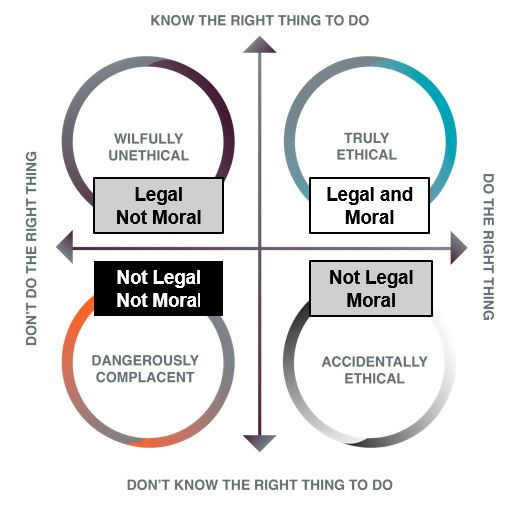




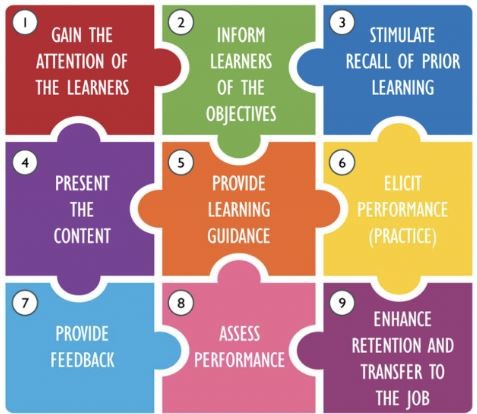
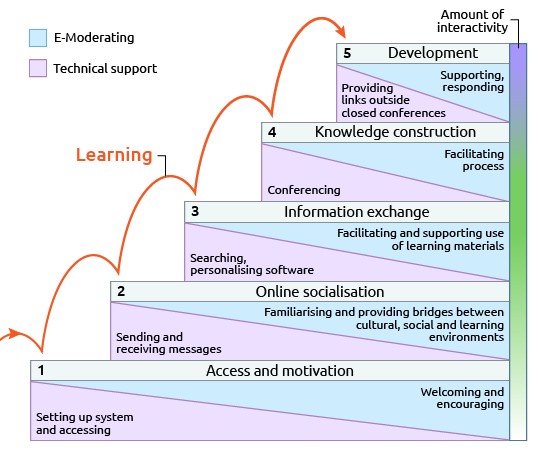
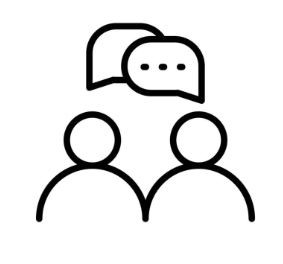
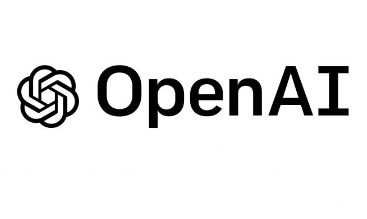

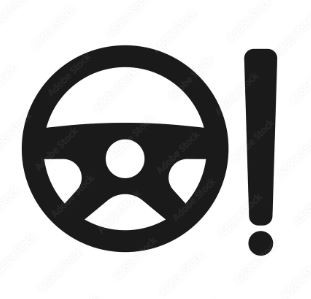

No Comments